AMISULPRIDE
| Information for patients | |
| Drug Information | The name of your medicine is Amisulpride. This belongs to a group of medicines called ‘anti-psychotics’. It is used to treat an illness called schizophrenia. Schizophrenia can make you feel, see or hear things which do not exist, have strange and frightening thoughts, change how you act, and make you feel alone. Sometimes people with these symptoms may also feel tense, anxious or depressed. Amisulpride works by improving disturbed thoughts, feelings and behaviour. It is used to treat schizophrenia when it starts and also over the long term. |
| Drug Alert | |
| Alert | You are allergic (hypersensitive) to amisulpride or any of the other ingredients of Amisulpride .Signs of an allergic reaction include: a rash, swallowing or breathing problems, swelling of your lips, face, throat or tongue You are pregnant, might become pregnant or are breast-feeding (see ‘Pregnancy and breast-feeding’ section) You have breast cancer or something called ‘a prolactin dependent tumour’ You have a tumour on the adrenal gland (called phaeochromocytoma) You are taking other medicines which could change your heart rate such as medicines which are used to control your heart beat (see ‘Taking other medicines’ section) You are taking levodopa, a medicine used to treat Parkinsons disease (See Taking other medicines section) The patient is under 15 years old Do not take this medicine if any of the above apply to you. If you are not sure, talk to your doctor or pharmacist before taking Amisulpride . |
| Before Consuming the Medicine | |
| Avoid Drug | _ You are allergic (hypersensitive) to amisulpride or any of the other ingredients of Amisulpride (listed in Section 6 below) Signs of an allergic reaction include: a rash, swallowing or breathing problems, swelling of your lips, face, throat or tongue _ You are pregnant, might become pregnant or are breast-feeding (see ‘Pregnancy and breast-feeding’ section) _ You have breast cancer or something called ‘a prolactin dependent tumour’ _ You have a tumour on the adrenal gland (called phaeochromocytoma) _ You are taking other medicines which could change your heart rate such as medicines which are used to control your heart beat (see ‘Taking other medicines’ section) _ You are taking levodopa, a medicine used to treat Parkinsons disease (See Taking other medicines section) _ The patient is under 15 years old Do not take this medicine if any of the above apply to you. If you are not sure, talk to your doctor or pharmacist before taking Amisulpride . |
| Drug Special Care | _ You have kidney problems _ You have Parkinson’s disease _ You have ever had fits (epileptic seizures) _ You have an unusual heart rate (rhythm) _ You have heart disease or family history of heart problems _ Your doctor has told you that you might have a stroke _ If you or someone else in your family has a history of blood clots, as medicines like these have been associated with formation of blood clots _ You are diabetic or have been told you have an increased risk of having diabetes _ You are elderly. This is because elderly people are more likely to get low blood pressure or feel sleepy _ You have a slow heart beat (less than 55 beats per minute) _ You have been told you have a low amount of potassium in your blood If you are not sure if any of the above apply to you, talk to your doctor or pharmacist before taking Amisulpride . |
| Drug Drug Interactions | Please tell your doctor or pharmacist if you are taking or have recently taken any other medicines. This includes medicines you buy without a prescription, including herbal medicines. This is because Amisulpride can affect the way some other medicines work. Also some medicines can affect the way Amisulpride works. In particular, do not take this medicine, and tell your doctor if you are taking any of the following medicines; •Medicines used to control your heart beat such as quinidine, disopyramide, procainamide, amiodarone and sotalol •Medicines which may lower potassium levels. This includes water tablets such as bendrofluazide or hydrochlorothiazide, some laxatives, glucocorticoids (used to treat severe asthma and other inflammatory disorders), tetracosactides and amphotericin (used to treat fungal infections) •Levodopa, a medicine to treat Parkinsons disease Tell your doctor if you are taking any of the following medicines; •Medicines for depression or to calm emotional and mental illnesses such as pimozide, haloperidol, imipramine, thioridazine and lithium •Medicines for severe pain called opiates such as morphine, pethidine or methadone •Medicines for high blood pressure and heart problems •Clonidine used for migraines, flushing or high blood pressure •Medicines which help you sleep such as barbiturates and benzodiazepines •Pain-killers •Anaesthetics •Antibiotics such as erythromycin (given by injection) or sparfloxacin •Antihistamines such as promethazine which make you sleepy •Pentamidine used for pneumonia If you are not sure if any of the above apply to you, talk to your doctor or pharmacist before taking Amisulpride . |
| Drug Pregnancy Interaction | Do not take this medicine if: •You are breast-feeding or planning to breast-feed Talk to your doctor before taking this medicine if you are pregnant, might become pregnant or think you may be pregnant. |
| Drug Breast feeding Interaction | Do not take this medicine if: •You are breast-feeding or planning to breast-feed Talk to your doctor before taking this medicine if you are pregnant, might become pregnant or think you may be pregnant. |
| Drug Machinery Interaction | You may feel less alert, drowsy or sleepy while taking this medicine. If this happens, do not drive or use any tools or machines. |
| Drug More Information | •Take the with a drink that does not contain alcohol •Do not drink alcohol while you are taking Amisulpride . This is because it can affect the way the medicine works |
| How to take the Medicine | |
| Consumption Info | Blood Tests Taking Amisulpride may affect the results of some blood tests. These include tests to measure the hormone called ‘prolactin’ and liver tests. If you are going to have a blood test, it is important to tell your doctor you are taking Amisulpride . If you have any further questions on the use of this product, ask your doctor or pharmacist. |
| Drug quanitty | The amount of Amisulpride you take will depend on your illness. Follow your doctor’s instructions carefully. Adults •The usual dose is between 50mg (0.5ml) and 800mg (8ml) each day •Your doctor may start you on a lower dose if necessary •If necessary your doctor can prescribe up to 1200mg (12ml) each day •Doses up to 300mg (3ml) each day can be taken as a single dose. Take the dose at the same time each day •Doses above 300mg (3ml) should be taken as half in the morning and half in the evening Elderly •Your doctor will need to keep a close check on you as you are more likely to have low blood pressure or sleepiness due to this medicine People with kidney problems •Your doctor may need to give you a lower dose Children under 15 years of age Amisulpride should not be given to children under 15 years of age |
| Drug Dose | •Take this medicine by mouth •Take the with a drink that does not contain alcohol •Use the graduated syringe to measure your medicine. Each 1ml of contains 100mg of your medicine •If you feel the effect of your medicine is too weak or too strong, do not change the dose yourself, but ask your doctor |
| Excess Drug Consumption | If you take more than you should, tell a doctor or go to a hospital casualty department straight away. Take the medicine pack with you. This is so the doctor knows what you have taken. The following effects may happen: feeling restless or shaky, rigid muscles, feeling drowsy or sleepy which could lead to a loss of consciousness. |
| Forgot Drug Consumption | If you forget a dose, take it as soon as you remember it. However, if it is nearly time for the next dose, skip the missed dose. Do not take a double dose to make up for a forgotten dose. |
| Stop Drug Consumption | Keep taking Amisulpride until your doctor tells you to stop. Do not stop taking Amisulpride just because you feel better. If you stop, your illness may get worse or come back. Unless your doctor tells you otherwise, Amisulpride should not be stopped suddenly. Stopping treatment suddenly may cause withdrawal effects such as: •Feeling or being sick •Sweating •Difficulty sleeping or feeling very restless •Muscle stiffness or unusual body movements •Your original condition may come back |
| Possible Side Effects | |
| General Information | •Trembling, muscle stiffness or spasm, slow movement, producing more saliva than usual or feeling restless. |
| Common Drug Side Effects | •Difficulty sleeping (insomnia) or feeling anxious or agitated •Feeling drowsy or sleepy •Constipation, feeling or being sick, dry mouth •Putting on weight •Unusual production of breast milk in women and men, breast pain •Menstrual period stops •Breast enlargement in men •Difficulty in getting or maintaining an erection, or in ejaculating •Feeling dizzy (which can be due to low blood pressure) •Movements that you cannot control, mainly of the arms and legs (These symptoms can be reduced if your doctor lowers your dose of Amisulpride or prescribes an additional medicine) |
| Rare Drug Side Effects | •Slowing of the heart beat •High blood sugar (hyperglycaemia) Tell your doctor or pharmacist if any of the side effects get serious or lasts longer than a few days, or if you notice any side effects not listed in this leaflet. In elderly people with dementia, a small increase in the number of deaths has been reported for patients taking antipsychotics compared with those not receiving antipsychotics. •Movements that you cannot control, mainly of the face or tongue •You have an allergic reaction. The signs may include: a rash, swallowing or breathing problems, swelling of your lips, face, throat or tongue •You have a fit (seizure) |
| Very Rare Drug Side Effects | |
| Drug Side Effects Symptoms | •You have a high temperature, sweating, stiff muscles, fast heartbeat, fast breathing and feel confused, drowsy or agitated. These could be the symptoms of a serious but rare side effect called ‘neuroleptic malignant syndrome’ •You have an unusual heart rate, very fast heart rate or chest pain which could result in a heart attack or life-threatening heart disorder •You have blood clots in the veins especially in the legs (symptoms include swelling, pain and redness in the leg), which may travel through blood vessels to the lungs causing chest pain and difficulty in breathing. If you notice any of these symptoms seek medical advice immediately. |
| How to Store the Medicine | |
| How to Store the Medicine | Keep this medicine in a safe place where children cannot see or reach it. Do not use Amisulpride after the expiry date which is stated on the carton and label. The expiry date refers to the last day of that month. Amisulpride should be disposed of 2 months after opening. Medicines should not be disposed of via wastewater or household waste. Ask your pharmacist how to dispose of medicines no longer required. These measures will help to protect the environment. |
–

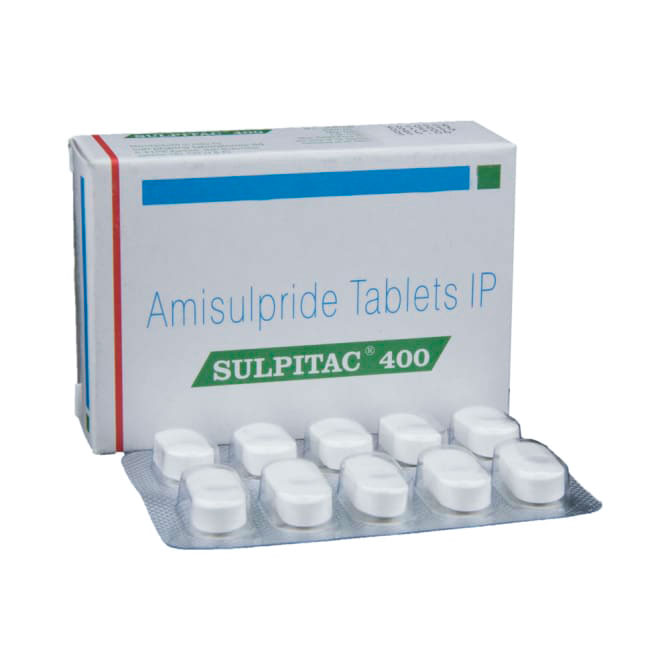
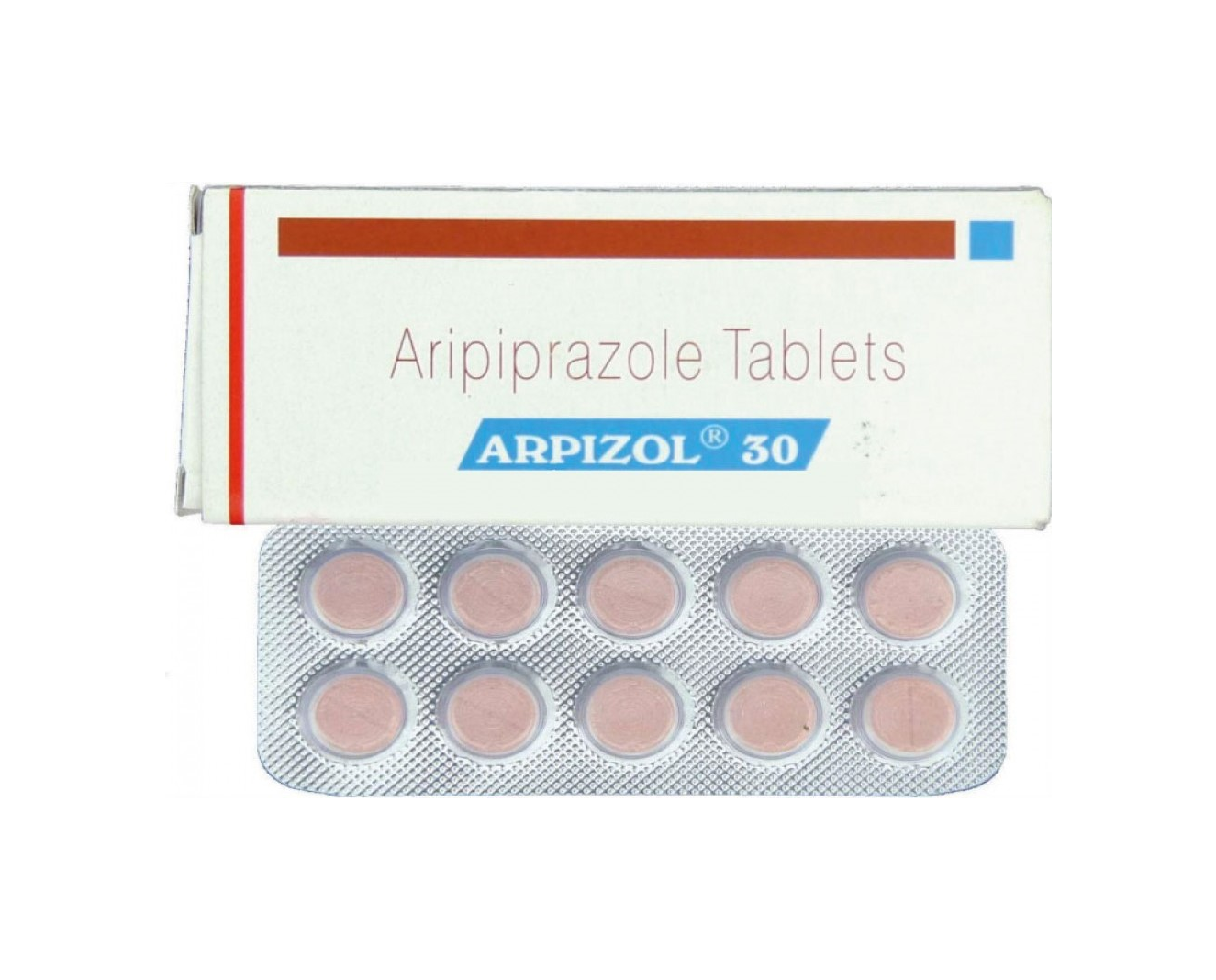
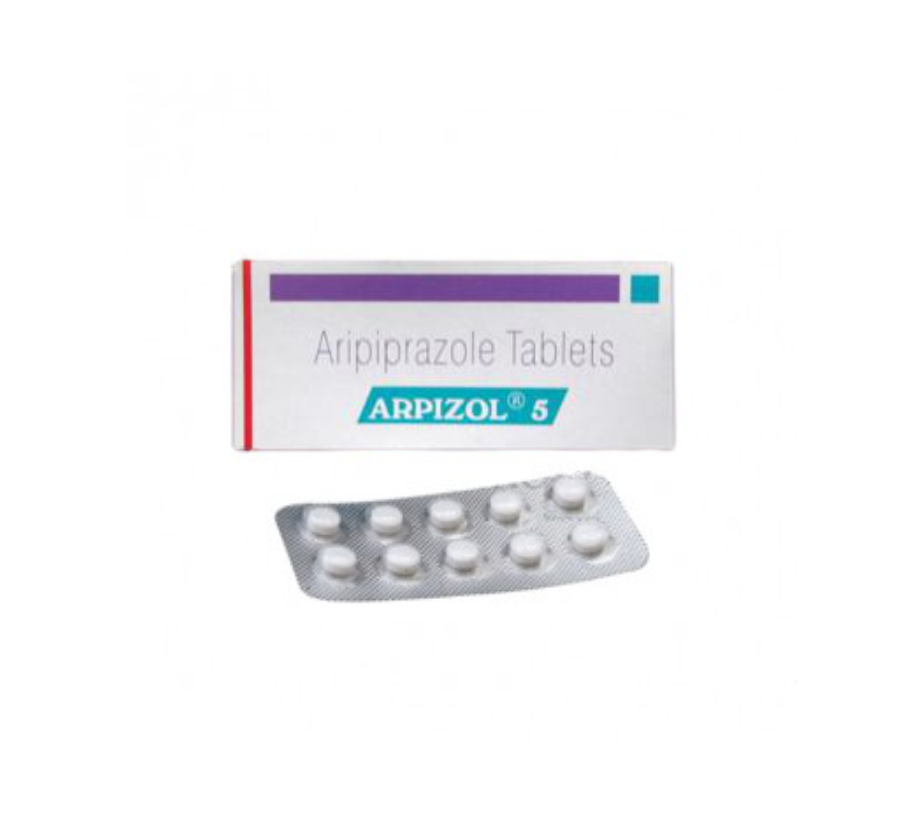
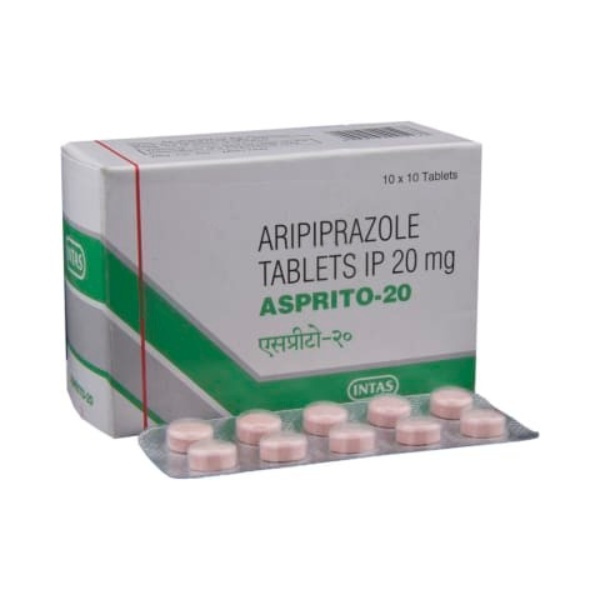
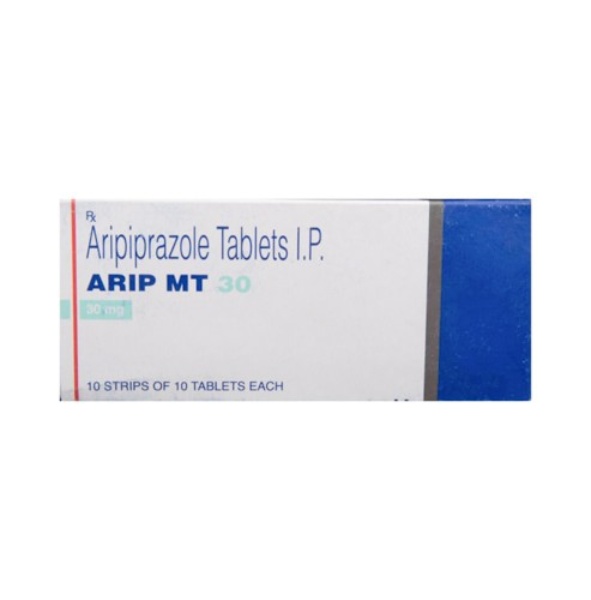
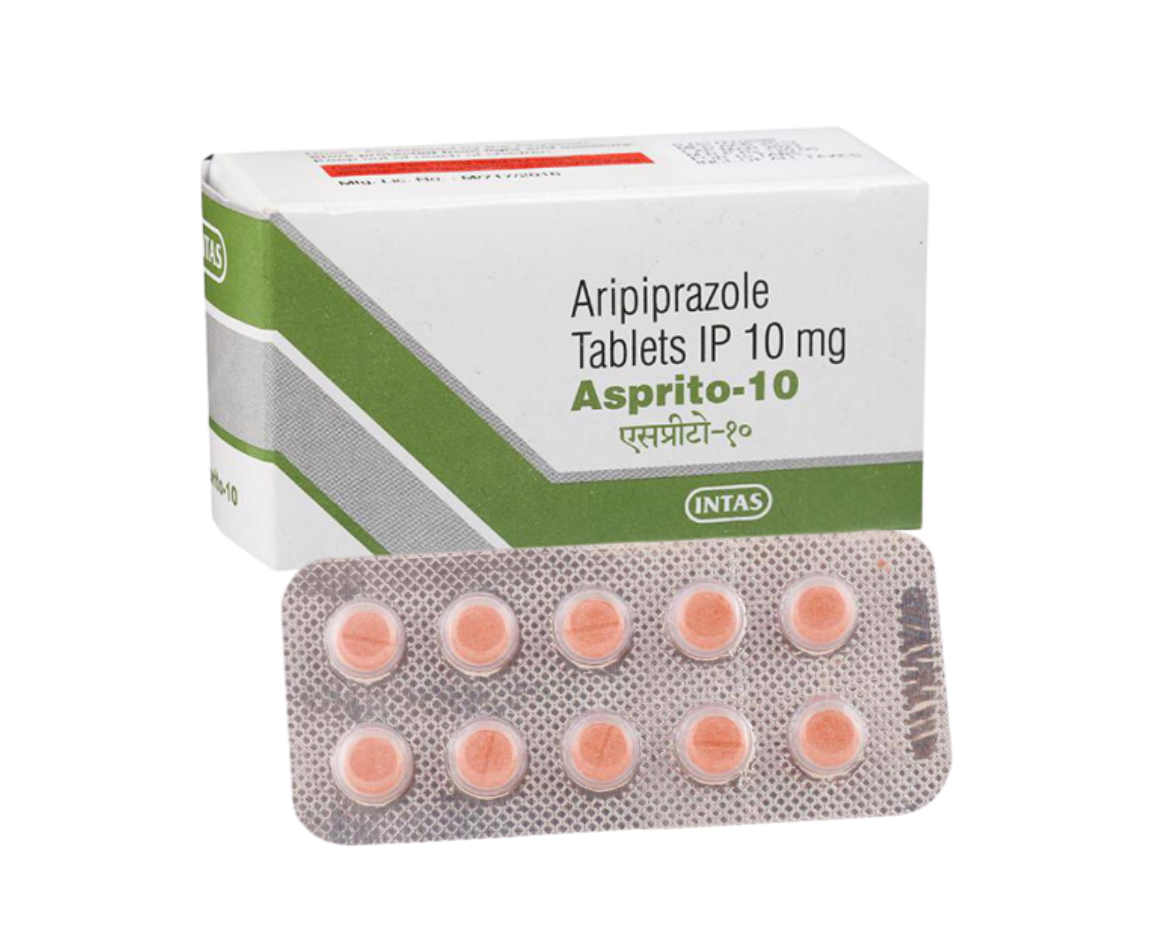
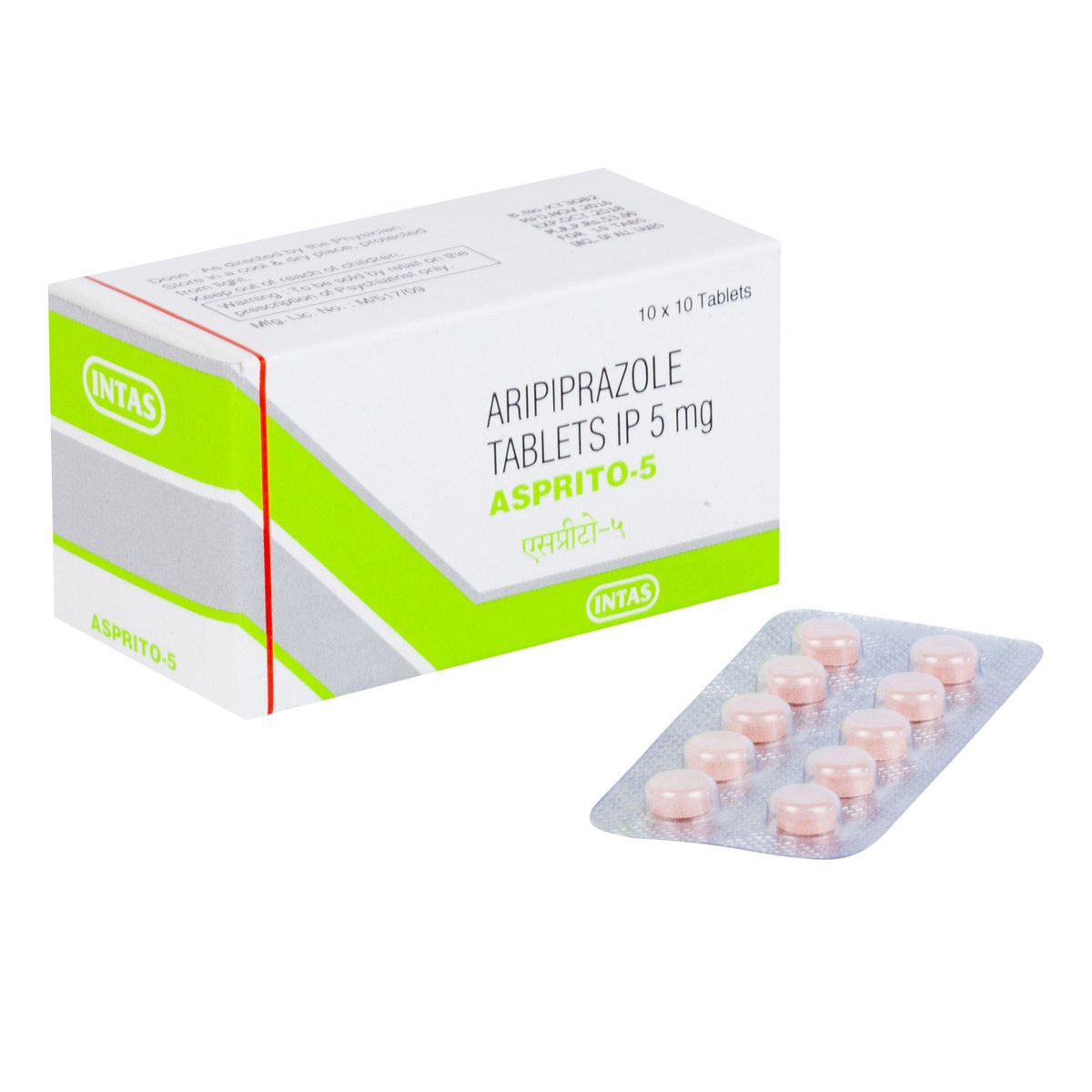
Reviews
There are no reviews yet.